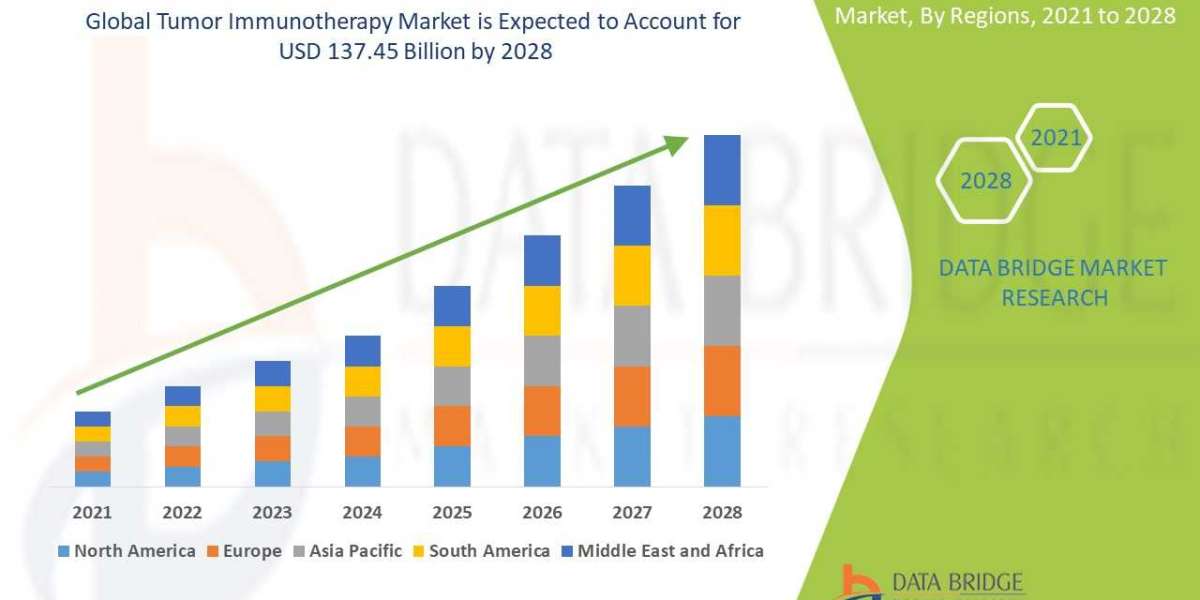“Pulse Polio: India’s Unstoppable March Towards a Polio-Free Tomorrow”
In a nation as vast and diverse as India, battling a crippling disease like polio required more than just a conventional approach. It demanded an extraordinary commitment, unrelenting dedication, and the united efforts of countless individuals. The Pulse Polio campaign, initiated by the Government of India, stands as a testament to the power of a collective will to eliminate polio. This immunization program was not just about protecting children; it was about securing India’s future.
The Beginning: Polio Immunization in India
The journey to eradicate polio from India began decades ago. In around 1972, the country introduced vaccination against polio as part of the Expanded Programme on Immunization (EPI). However, it was not until the late 1990s that substantial progress was made, with approximately 60% of infants receiving three doses of Oral Polio Vaccine (OPV). This was a significant milestone, but there was still a long road ahead.
In 1985, the Universal Immunization Programme (UIP) was launched to expand coverage across all districts in India. The UIP became integrated into larger health programs, such as the Child Survival and Safe Motherhood Program (CSSM) in 1992 and the Reproductive and Child Health Program (RCH) in 1997. These efforts significantly improved vaccine coverage, bringing it to 5% of the population.
The Global Polio Eradication Initiative
In 1988, the World Health Organization (WHO) launched the Global Polio Eradication Initiative, setting a vision to rid the world of this debilitating disease. India, recognizing the global importance of this mission, took a crucial step in 1995 by initiating the Pulse Polio immunization program alongside the Universal Immunization Program. This ambitious initiative aimed for 100% coverage, leaving no child without the protection they needed.
Pulse Polio’s Comprehensive Approach
Pulse Polio was not just a vaccination drive; it was a comprehensive strategy that covered every aspect of polio eradication. Its core principles were clear:
- Universal Coverage: The goal was to reach every individual in India, regardless of their location. This meant penetrating remote communities with an improved social mobilization plan.
- Zero Tolerance: The mantra was “Not a single child should miss the immunization,” leaving no room for polio resurgence.
- Surveillance and Reporting: Cases of acute flaccid paralysis (AFP) had to be reported promptly, with stool specimens collected within 14 days. This allowed for early detection and response.
- Outbreak Response: If any polio cases surfaced, outbreak response immunization (ORI) was conducted as soon as possible to prevent further spread.
- High-Level Surveillance: Continuous surveillance was maintained to track any signs of polio’s return.
- Mop-Up Operations: Areas where polio had disappeared were subjected to meticulous mop-up operations.
- Infrastructure and Logistics: The campaign invested in walk-in cold rooms, freezer rooms, deep freezers, ice-lined refrigerators, and cold boxes to ensure a steady vaccine supply.
- Human Resources: The campaign involved employees, volunteers, and extensive vaccine administration.
- Accountability: Each vaccine vial was equipped with a vaccine vial monitor, ensuring vaccine potency.
- National Immunization Days: These days saw a massive effort to immunize children with OPV.
- Identifying Missing Children: No child left behind – this was the essence of the campaign.
- Surveillance of Efficiency: Continuous assessment and improvement of the program’s efficiency.
Pulse Polio’s Reach and Impact
The Pulse Polio campaign was an all-encompassing effort that left no stone unturned. Its reach extended to the farthest corners of India, employing various strategies to ensure success. Publicity was extensive, incorporating awareness messages in the national telecoms’ authority ringtone, posters, TV and cinema spots, parades, rallies, and personal interactions through volunteers.
Vaccination booths were established across the nation, with house-to-house campaigns targeting remote communities. This formidable endeavor was supported by a coalition of organizations, including the Indian federal and state governments, international institutions, and non-governmental organizations. It was a part of the Global Polio Eradication Initiative, which was spearheaded by renowned organizations like Rotary International, the World Health Organization, UNICEF, and the U.S. Centers for Disease Control and Prevention.
Amitabh Bachchan: A National Hero for Pulse Polio
One of the most inspiring aspects of the Pulse Polio campaign was the active involvement of the legendary Bollywood actor Amitabh Bachchan. Not only did he participate in the campaign by filming TV and radio spots to raise awareness, but he also took a hands-on approach by personally vaccinating children. His participation brought a human face to the battle against polio and inspired millions across the nation.
Cricket and Polio Eradication
Cricket, often referred to as a religion in India, played a unique role in the polio eradication efforts. Both the Indian and Afghan cricket teams joined hands to support national and international polio eradication campaigns. Their influence helped convey the message to a broader audience, highlighting the importance of vaccination.
The Culmination: Polio-Free India
The pinnacle of India’s fight against polio came on January 13, 2011, when the last reported cases of wild polio were recorded in West Bengal and Gujarat. This was a monumental achievement, reflecting the unwavering determination of the nation.
On March 27, 2014, the World Health Organization (WHO) declared India a polio-free country. The remarkable feat was attributed to five years without a single case of wild polio reported. The Pulse Polio campaign had reached its zenith, marking a momentous victory against a disease that had crippled and claimed lives for generations.
Pulse Polio was not just a vaccination drive; it was a movement that united India against the scourge of polio. Its success was a testament to the country’s resolve and its ability to harness collective energy for a common cause. It was a victory against not just a disease but against apathy and complacency.
The story of Pulse Polio is a source of inspiration for public health initiatives globally. It exemplifies the power of collaboration, the influence of media, the dedication of individuals like Amitabh Bachchan, and the involvement of cultural icons and athletes in public health campaigns. Pulse Polio is a story of triumph, proving that with concerted efforts and a shared vision, the seemingly insurmountable can be conquered.
India’s journey from a country grappling with thousands of polio cases to becoming a polio-free nation serves as a beacon of hope for the world. It sends a resounding message that, together, we can defeat diseases and protect the future of our children. Pulse Polio was not just a campaign; it was a remarkable chapter in India’s history, illustrating the nation’s capacity to overcome adversity and emerge stronger, healthier, and more united.





